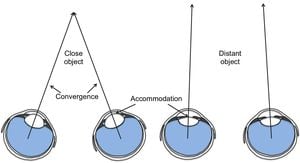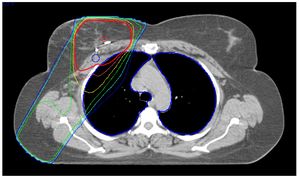The European Central Bank (ECB) has announced a significant policy shift, reducing its main interest rate to 2.75%. This move aims to stimulate economic growth and improve access to credit within the Eurozone, addressing concerns over the regional slowdown and rising inflation.
After months of maintaining high interest rates to combat inflation, the ECB has opted for this rate reduction as economic indicators signal stagnation. With growth dwindling, consumption declining, and various reports indicating pressures on monetary policymakers, this decision marks a pivotal change in strategy. The hope is to facilitate conditions for businesses and households to invest and spend, breathing new life back to the economy.
Analysts view this change as both necessary and timely. "The ECB has opted for a more balanced approach between controlling prices and supporting economic activity," remarked one unnamed analyst from the local financial press. This balancing act has become increasingly important as the zone faces the dual challenges of stymied growth and persistent inflation threats.
The reduction to 2.75% could lead to immediate effects on credit markets. Mortgage requests have already surged by 10%, supported by lower interest rates which have been particularly advantageous during the second half of 2024. The rates for variable loans now stand at 2.97%, with fixed-rate loans below one year at 4.74%. Many households are returning to the market more confidently, encouraged by the improved borrowing conditions.
Notably, the urgency for this policy shift has grown with falling consumer confidence in various economic sectors. The ECB's decision not only aims to invigorate household spending and business investments but also to prevent the risk of stagnation, which several economists had already begun to sound alarms over. With the potential for this easing to reinstate consumer and investor confidence, the ECB hopes to stimulate much-needed activity across the Eurozone.
While this shift bodes well for credit access, it has raised concerns about potential repercussions on inflation. Unnamed market observers have highlighted doubts, noting, "There are concerns about inflation rebounding due to this loosening of monetary policy." The ECB must tread carefully to strike the right balance—as the effort to stimulate growth should not pave the way for uncontrolled inflation, which could negate the positive effects of reduced borrowing costs.
It's important to note, though, this economic revitalization is expected to be gradual, with many pointing out it still lags behind the buoyant years seen prior to 2019. While 31.2 billion euros of credit was finalized, reflecting a 4.4% increase from the previous year, the overall performance remains below the levels achieved during those more prosperous years.
Economic analysts will be closely watching upcoming months to understand the ripple effects of this monetary policy shift. The relationship between the lowered interest rates and increased investment will be key, as will gauging how confident businesses feel about committing to more capital expenditure and hiring amid still-fragile consumer demand. If these investments rise, it could inspire more significant economic recovery, but this momentum is contingent on overall confidence and demand surging across sectors.
Overall, the ECB's move to reduce the interest rate is both strategic and necessary, with the hope it provides the much-needed stimulation to counteract recent economic deceleration. The balancing act between fostering growth and maintaining stable prices will be the focus as the Eurozone navigates its way to recovery, which warrants close monitoring from all stakeholders involved.



